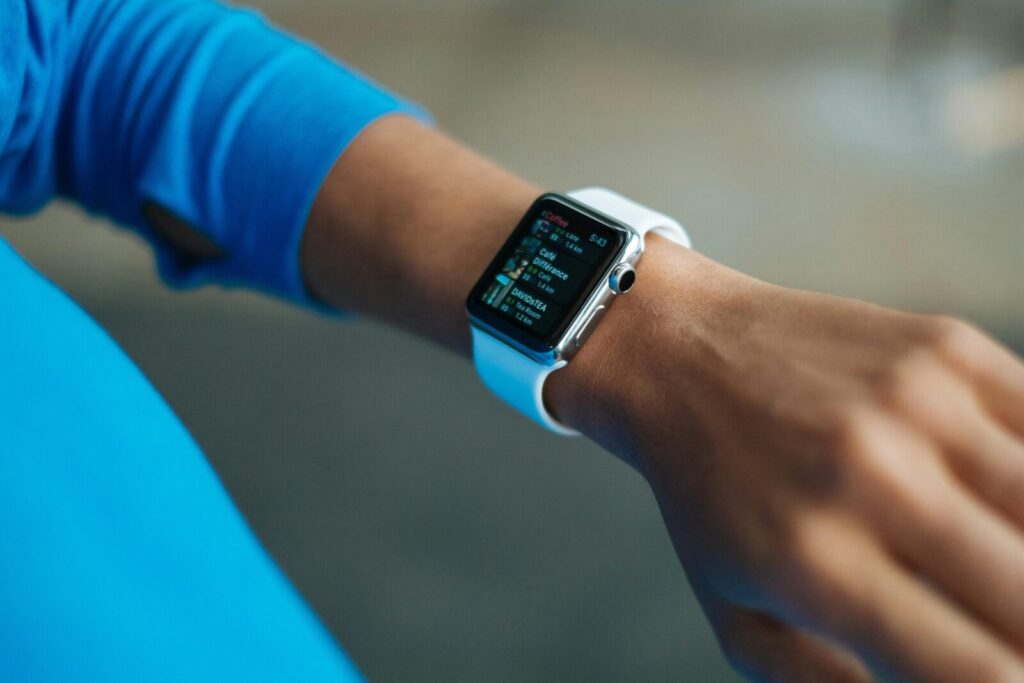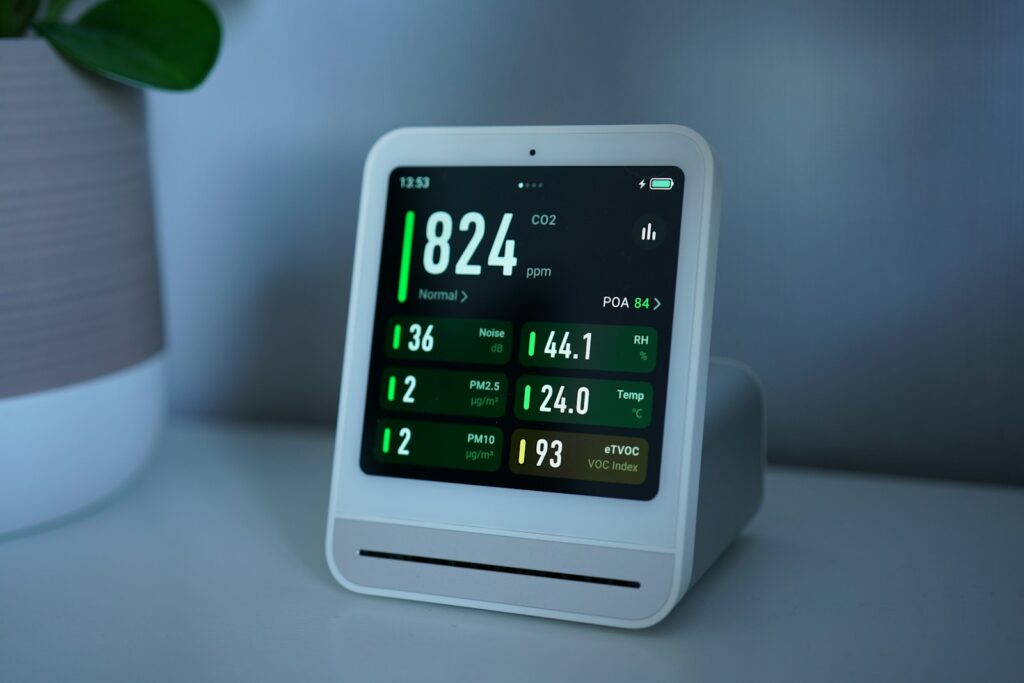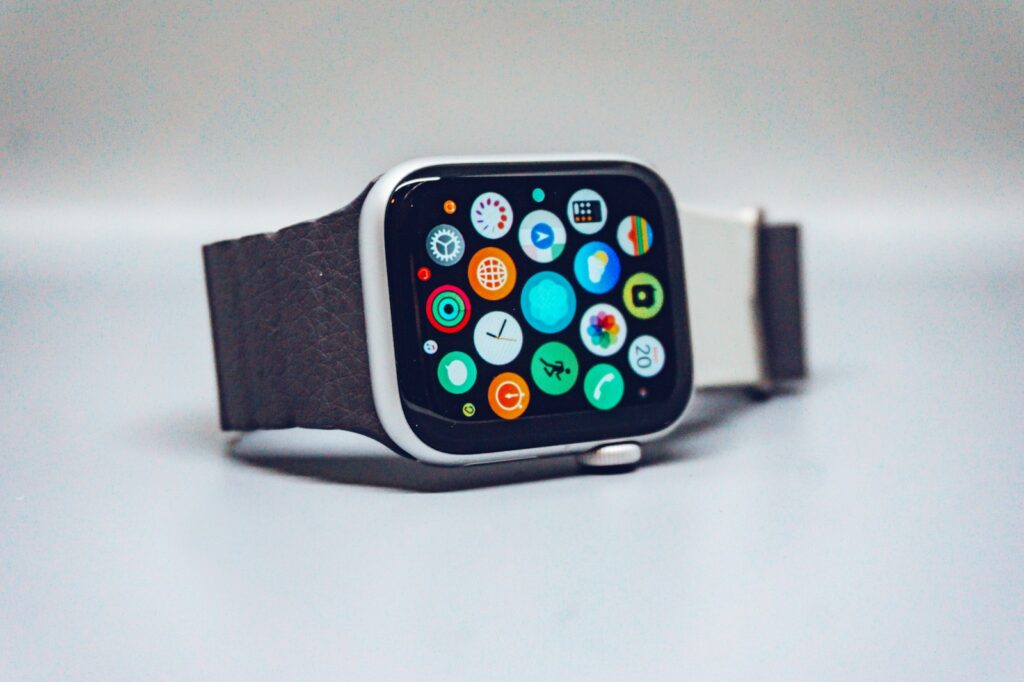Artificial intelligence is rapidly transforming the way people approach their health. A growing number of Americans are turning to AI-powered tools to monitor daily habits, track symptoms, and make informed decisions about their well-being. These technologies offer more than convenience; they empower individuals to understand their bodies in ways that were once only possible in clinical settings. From wearable devices that detect irregular heart rhythms to apps that provide personalized nutrition advice, AI is changing how people care for themselves. As technology continues to evolve, the connection between data and health becomes even more meaningful, giving individuals the power to make proactive and smarter choices every day.
The Rise of AI in Personal Health Management

The integration of artificial intelligence into health monitoring has grown remarkably over the past few years. More people are adopting smart devices that can collect real-time data about their activity, sleep, and nutrition. These tools analyze complex patterns and provide recommendations tailored to each user’s needs. Unlike traditional health tracking methods, AI-based platforms offer predictive insights that can help detect potential health concerns early. This allows individuals to act before minor issues become major problems. The accessibility and ease of these tools also encourage consistent use, leading to more reliable data over time. With continuous learning algorithms, AI systems adapt to each person’s habits and offer smarter feedback as they gather more information, making self-care both efficient and personalized.
Why Americans Trust AI for Health Insights
Trust in artificial intelligence for health management stems from its ability to deliver precise, data-driven insights. Many Americans find reassurance in tools that can process thousands of data points instantly and provide objective feedback. Unlike manual tracking or guesswork, AI eliminates human error and bias, offering accurate health analyses. This level of reliability has encouraged people to rely on technology to guide their fitness, diet, and even mental wellness goals. The user-friendly design of most AI applications also fosters confidence among older adults who may not be tech-savvy. People appreciate receiving real-time results, whether it is a reminder to hydrate or a warning about elevated heart rates. As AI systems continue improving, trust in their recommendations grows stronger, reinforcing their role as personal health partners.
How AI Enhances Preventive Healthcare

Artificial intelligence is revolutionizing preventive healthcare by detecting patterns that might escape human observation. Through continuous data monitoring, AI can identify subtle shifts in health indicators that signal early signs of disease or stress. For example, wearable devices can track heart rate variability or oxygen levels, alerting users to consult a doctor before symptoms worsen. This proactive approach saves time and reduces the burden on healthcare systems. Many Americans appreciate how AI offers early detection capabilities that complement traditional medical checkups. By combining predictive analysis with lifestyle tracking, these tools encourage healthier behaviors and accountability. Preventive care becomes easier when people understand how daily choices affect their future health, and AI makes that connection clearer than ever before.
Mental Wellness and AI Support Tools
Beyond physical health, artificial intelligence is playing a major role in promoting mental wellness. Many individuals now use AI-driven applications to manage stress, anxiety, and sleep patterns. These programs can assess emotional states through voice tone, journaling habits, or user input, providing personalized coping strategies. Meditation and mindfulness apps powered by AI adjust sessions based on progress, ensuring users receive appropriate support for their mood and energy levels. AI tools also offer accessible help for those who may hesitate to seek professional therapy, acting as a gentle entry point for mental health awareness. Over time, users gain better self-awareness and develop healthier coping mechanisms. This technological approach has proven especially useful for older adults looking to maintain cognitive sharpness and emotional balance in their daily routines.
The Role of Wearable Devices in Health Tracking

Wearable devices such as smartwatches and fitness bands have become essential tools in AI-driven health management. These gadgets continuously collect biometric data, from heart rate and blood oxygen to sleep cycles and physical activity. AI algorithms analyze this information to create personalized insights that guide lifestyle improvements. For instance, the device might recommend resting after detecting elevated stress levels or suggest specific workouts for optimal cardiovascular health. What makes these devices effective is their ability to learn from the user’s routine, becoming more accurate with time. They encourage consistency and accountability, helping users stay on track with their goals. Many people appreciate how wearable technology seamlessly fits into their lives, offering convenience and real-time feedback that leads to healthier daily decisions.
Privacy Concerns and Data Security
While AI has clear benefits in health tracking, privacy remains a major concern among users. Many Americans worry about who has access to their personal health data and how it is used. Developers and companies are addressing these issues by implementing stronger encryption and transparency policies. Secure cloud storage, data anonymization, and user-controlled sharing settings are becoming standard features in health apps. This helps users maintain confidence in their privacy while benefiting from the insights AI provides. Awareness campaigns also educate the public on how to protect sensitive information when using digital tools. As trust and regulation improve, people can enjoy AI’s advantages without compromising their privacy. The balance between innovation and ethical responsibility remains key to sustaining user confidence in this growing field.
The Future of AI in Healthcare
The future of AI in healthcare looks increasingly promising as technology continues to evolve. From virtual assistants that schedule medical appointments to advanced diagnostic algorithms that support doctors, AI is becoming deeply integrated into healthcare systems. Personalized medicine powered by AI could soon allow treatments tailored to each individual’s genetic and lifestyle profile. In addition, AI-driven chatbots may become essential companions for health education and emotional support. As the technology matures, it will likely bridge gaps in healthcare accessibility, especially in remote or underserved communities. For Americans, this shift means more empowerment, better prevention, and improved health outcomes. The combination of human care and artificial intelligence is shaping a future where staying healthy is both smarter and more attainable than ever before.
Comments